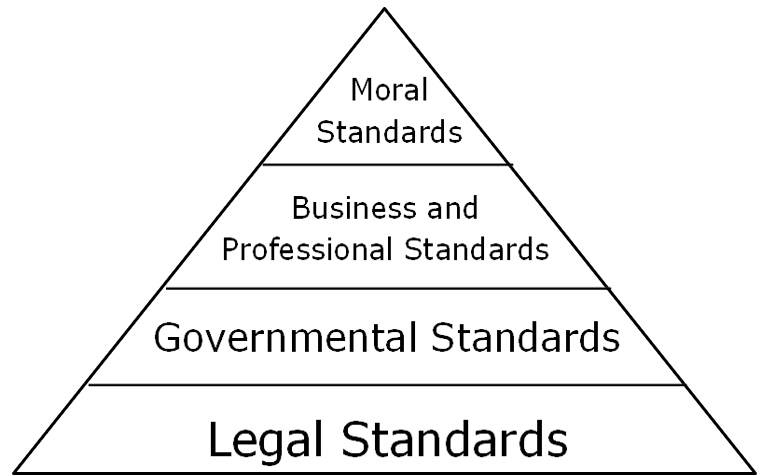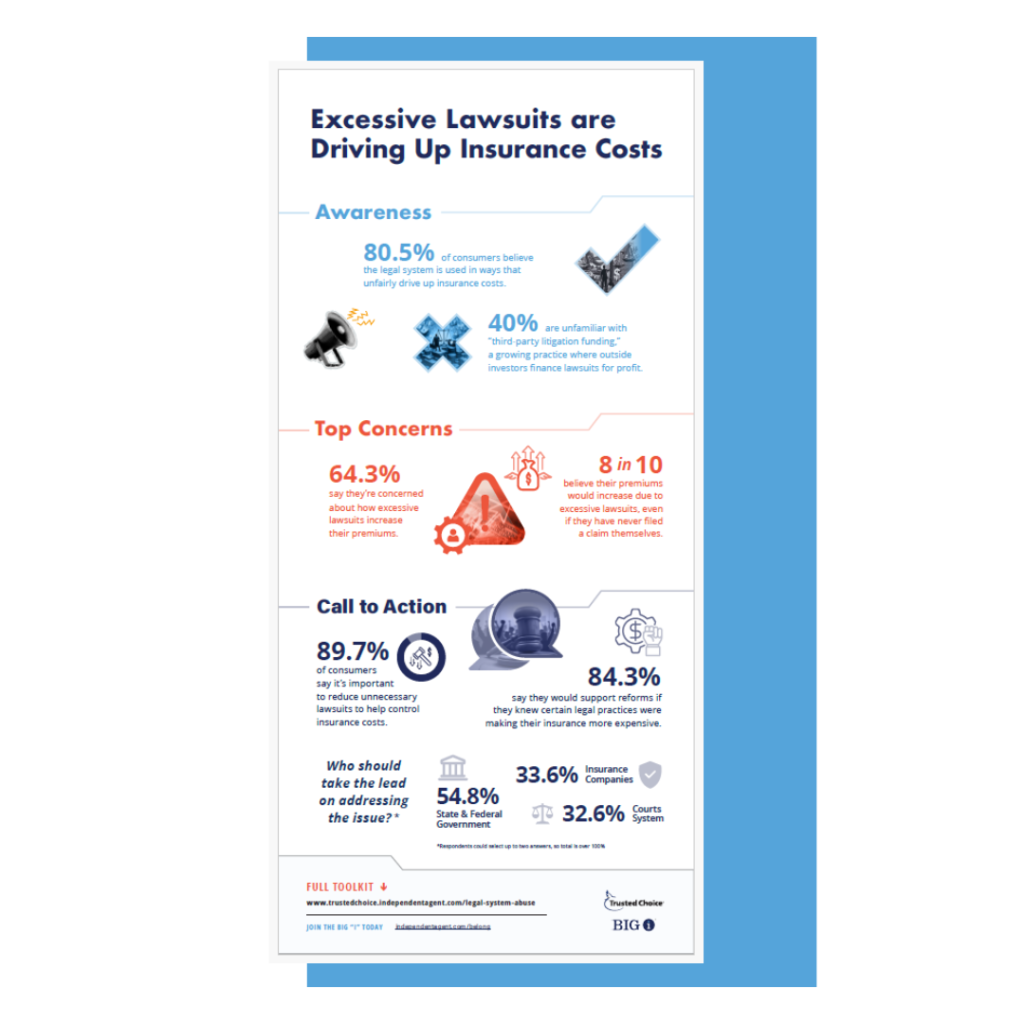You Are NOT Ethical: A New Look at the Ethics Requirement by a Moral Non-Conformist
Society decides what behavior is “right” and which actions are “wrong.” At its basest level, ethics are the result of mob mentality. Thus, individuals can only act ethically or unethically – but they are NOT, within themselves, ethical or unethical. So then why is Ethics a required CE topic?
?Author: Chris Boggs No person is ethical! A person cannot be ethical because “ethics” are a construct of the society in which the person lives. There is even ongoing debate over what should be the basis for the “American ethic” (some are dissatisfied with or offended by the concept of the Judeo-Christian Ethic). Society decides what behavior is “right” and which actions are “wrong.” At its basest level, ethics are the result of mob mentality. Thus, individuals can only act ethically or unethically – but they are NOT, within themselves, ethical or unethical. Individuals don’t have ethics, they have personal values or standards. When a person’s values/standards match or are higher than society’s ethics, that person may be considered a moral person. Conversely, when an individual’s values/standards fall below those of the society, he/she is often called an immoral person or even amoral person. A person choses to ACT ethically (again, as defined by the society) based upon three factors: 1) the individual’s values/standards; 2) the individual’s desire for social approval and acceptance; or 3) the fear that his/her actions will result in punishment if such actions are below the society’s ethics. When an individual’s value/standard is lower than the society’s ethics (an immoral or amoral person), he/she acts ethically only when the desire to fit in socially or the fear of punishment is greater than any perceived gain from acting on his/her “value” or “personal” standards. If the individual’s personal standard is higher than society’s ethics, he/she acts “unethically” only when the society’s ethics (beliefs) are in direct conflict with his/her values or standard. Unsurprisingly, when a society’s ethical standard is or drops below an individual’s personal standard, the person who holds and practices a higher value or standard is labeled “intolerant” and even unethical when he or she refuses to succumb to society’s opinion. To this person, the distinction between right and wrong does not change based on society’s opinion – truth is not relative. Societal opinions of right and wrong ebb and flow. The same large group may practice peaceful protest one day but riot the next – it’s whatever seems right to the group at the time. Remember, the same crowd that followed and cried out to Jesus one week accused and cried for His crucifixion the next. When individuals or a group of individuals with low value standards are in positions of great influence over a society and its ethical beliefs (i.e. politicians, entertainers and the news media), inevitably, societal ethics decline. What that society once considered wrong becomes acceptable or right; and what was once considered right becomes ethically “questionable” or even wrong. There is no “standard,” only “what feels right” to the society. Invalidating the belief that certain actions are right or wrong is the ultimate agenda of those espousing political correctness. There can be no right or wrong (ethical or unethical) behavior when society is unable to tell a person or group that their actions are wrong for fear of “offending” them. After all, stating that the belief that what is “right for you” is actually wrong is considered intolerance in the world of political correctness. You Want Proof To quote the modern philosopher, Donald “Duckie” Mallard (NCIS) when questioned about the difference between ethics and morals he said, “What’s the difference between morals and ethics? You see, the ethical man knows he shouldn’t cheat on his wife, whereas the moral man actually wouldn’t.” Ethics operates in the realm of “ought to do or not do.” Morals are the “will do or not do” of a person. However, the “ought not cheat on your wife” ethic is an American ethic (whether a person practices that ethic or not). Not all cultures hold this same belief – this same ethic. In some cultures, having a wife and a mistress is expected, even encouraged, and thus it is not unethical. A man living in such a culture whose moral standard holds that cheating on your wife is wrong is the outsider/outlier – maybe even seen as intolerant. Likewise, according to American ethical standards bribery is wrong (see 4 Indicted in North Carolina Insurance Commissioner Bribery Scheme). But in other cultures, bribery is an expected business practice and is not viewed as unethical. Any individual or business with a moral standard that not only believes but acts on the belief that bribery is wrong will struggle or fail in those countries that expect or almost require bribery. What about beating your wife? In modern America, spousal abuse is unquestionably wrong (and according to my standard, has always been wrong); but such ethic has not always been the case – even in America. Similar information surrounding the historical acceptance of spousal abuse are provided by Oakland University and WomenSafe. Both contain factually incorrect information regarding the application of the phrase, “the rule of thumb,” but both offer insight into American society’s view of wife beating, or even abuse. Until relatively recently, a certain “level” of spousal abuse was not seen as wrong. Still today, 12 states do not appear to consider marital rape a crime due to legal loopholes. And in some cultures, “disciplining” your wife is not only acceptable, it’s almost expected. Basically, in these cultures, you are not a real man if you don’t hit your wife on occasion. So, what’s the point? The point is, ethics are a function of the society in which the person lives and works; and ethics can and do change depending on the society and the point in time. Morals are the person’s core beliefs upon which he or she bases his or her actions – regardless what society holds as right, wrong, acceptable or unacceptable. Although we can’t teach ethics, we can and need to fight against the decline in the ethical standards of society. Standards must be raised, not lowered because it is true that sometimes an individual’s personal standard is tainted by society’s ethics. Ethics, Departments of Insurance and Continuing Education Most state departments of insurance require every licensed individual take an ethics class on some reoccurring basis. Why? Every ethics class ultimately devolves into a hierarchical study; moving from the lowest standard – the law – to the highest perceived social standard – a society’s or business group’s code of conduct. And some classes may even talk of moral standards (which are individual in nature). The visual used for these sessions generally looks similar to this:
Every agent should at least know the laws and the regulatory standards applicable to the insurance business. And many know and even act in compliance with professional standards and codes beyond the minimum required by the regulators; but none of this makes him or her ethical, or even moral. Such actions only mean the agent knows how to act ethically, not that they have high standards. No class can MAKE or even influence any person to act ethically, that’s a personal choice. The choice to act ethically is, as has already been stated, a function of the individual’s moral standard or fear – the fear of being a social outcast or of being punished. Ultimately, ethics can’t be taught. We can’t even teach a person to act ethically; that job belonged to mom and dad in the formative years. An ethics requirement serves only to make the regulators feel good. There must be an alternative to “ethics” as a continuing education requirement. Hold tight, we have some ideas; but because they won’t be popular, we will hold that discussion for another day. To End This Departments of Insurance must reconsider the idea that anyone is made ethical by a continuing education (CE) requirement. At best these classes give participants the opportunity to discuss some legal requirements and the “gray” areas they may face. At worst, they give those with low moral standards better ways to justify their actions. Alternatives to the ethics requirement are planned for a future article. Maybe even in the next issue of VUpoint. Last Updated: May 10, 2019 |










